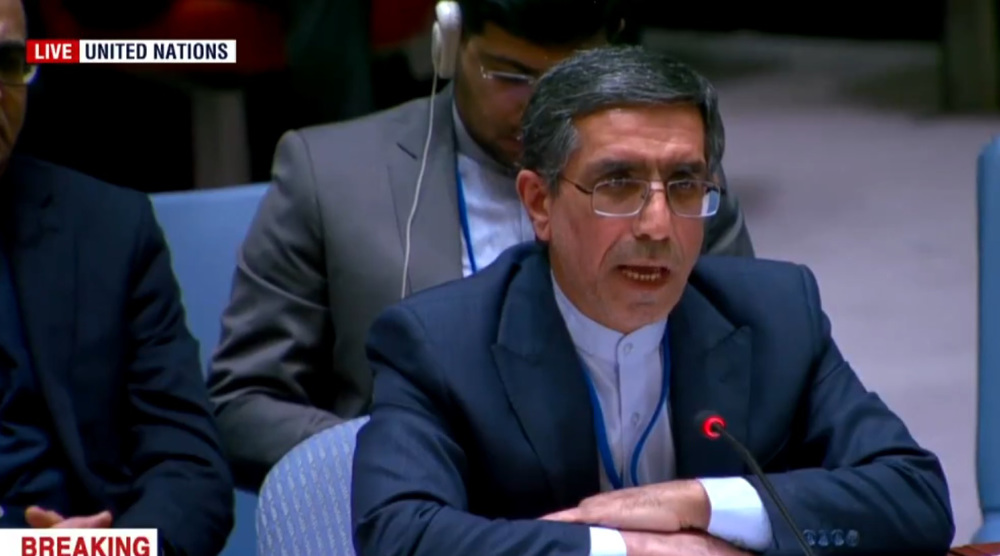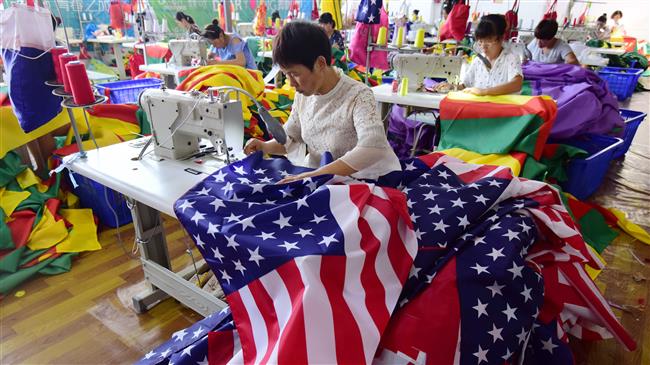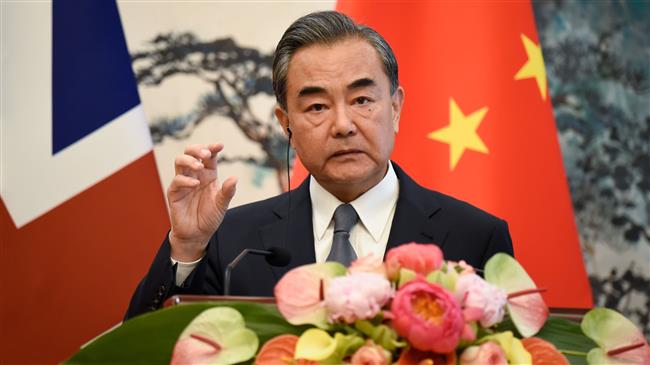China, 10 ASEAN nations hold naval drill in Singapore
The navies of China and Southeast Asian countries have carried out their first emergency naval drill amid lingering maritime disputes in the South China Sea.
The naval exercises, hosted by Singapore, involved the navies of China and all 10 members of the Association of Southeast Asian Nations (ASEAN). Officials say the drills are aimed at widening cooperation in times of safety-related sea incidents.
The two-day drills started Thursday at Singapore's Changi Naval Base, and will be followed at sea in waters near China in October.
"At the end of the exercise, we have strengthened our ability to work together," Singapore navy commander Lim Yu Chuan said on Friday.
"We have achieved a greater understanding among the ASEAN navies and the PLA navy," he said while referring to the Chinese navy.
ASEAN is a regional bloc consisting ten members; Malaysia, Thailand, Singapore, Brunei, Cambodia, Laos, Indonesia, Myanmar, Vietnam and the Philippines.
“The exercise is beneficial to promote military exchanges and cooperation between China and ASEAN member states, to advance our mutual trust,” said Chinese navy commander Liang Zhijia.
This comes as more countries, including ASEAN member states, are tilting away from the US toward China as President Donald Trump’s recent contradictory trade policies has caused a deep skepticism in the region.
According to Joshua Kurlantzick, senior fellow for Southeast Asia at the Council on Foreign Relations said many in the region are concerned that “the Trump administration could force countries in the region to choose openly between Washington and Beijing, a move that they say would backfire.”
China, which claims over 90 percent of the South China Sea, regularly conduct drills in the waterway to assert its sovereignty over the region.
China’s sovereignty claim has been challenged by five regional nations – Vietnam, Taiwan, Brunei, Malaysia and the Philippines.
Washington, which has taken sides with Beijing’s rival countries, has sent several of its warships to the sea to protect what it calls “freedom of navigation.”
China has repeatedly warned the US against such measures, accusing Washington of interfering in regional issues and deliberately stirring up tensions.
Blair distances himself from Trump’s $1bn ‘Board of Peace’ fee
US Justice Department refuses probe into killing of Minneapolis mother
VIDEO | Israel Gaza ceasefire violations
VIDEO | Gaza Solidarity Forum in Damascus calls for boycott of Israel over Gaza genocide
VIDEO | London memorial event highlights Gaza genocide
VIDEO | Press TV's news headlines
VIDEO | Istanbul demonstrators voice support for Iran amid US tensions
VIDEO | Israeli settlers attack Palestinian Bedouin community, injure 13















 This makes it easy to access the Press TV website
This makes it easy to access the Press TV website